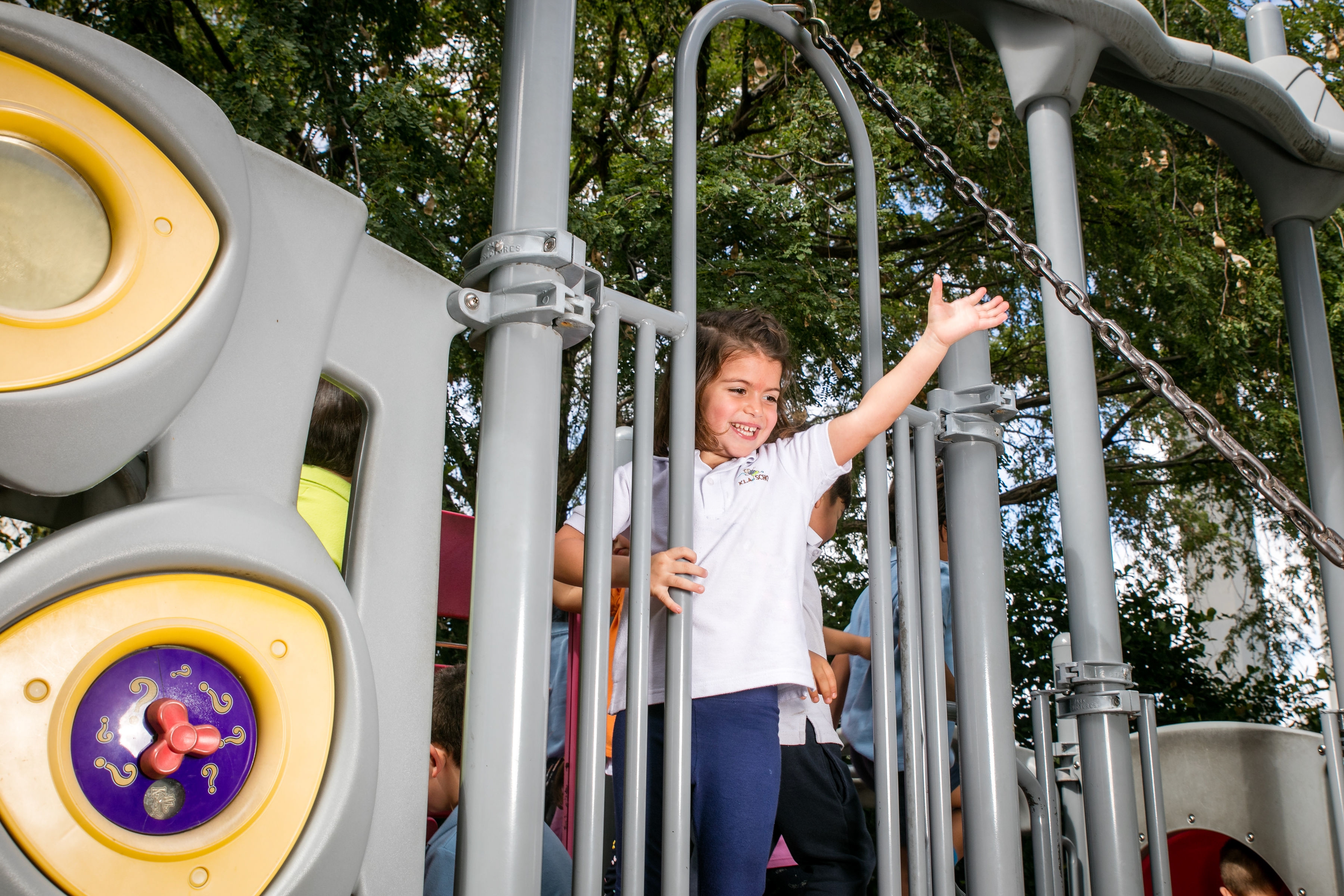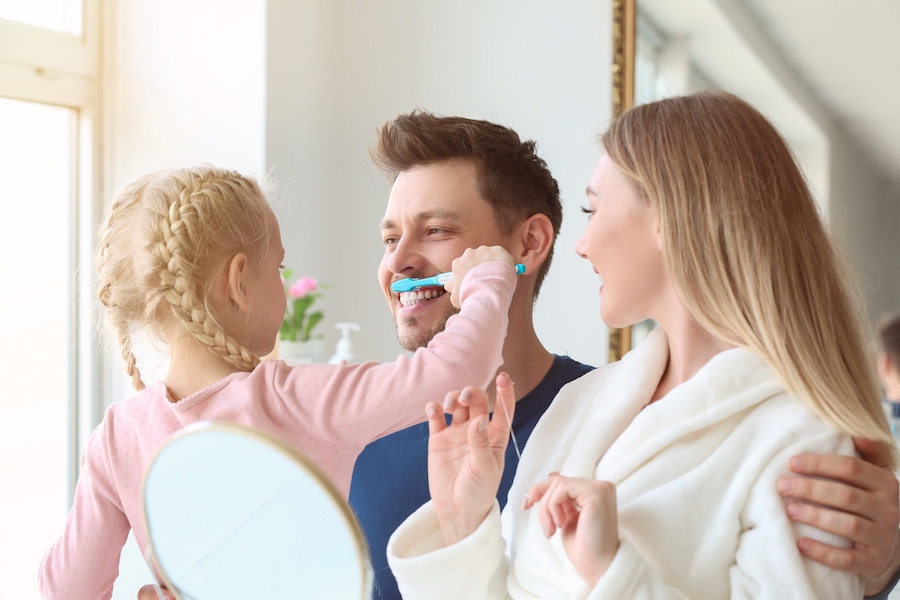Teaching Dental Health to Young Children
According to the American Academy of Pediatrics, one out of 10 two-year-old children already have one or more cavities, and nearly half of five-year-olds have at least one cavity. Even though your child’s baby teeth will fall out, tooth decay can have a negative impact on their permanent teeth. Here are some ways you can encourage good dental habits in your young child.
- Brush their teeth when they’re already in a good mood. You can make the experience more fun by singing songs about clean teeth.
- Let your child “help” you brush their teeth by holding the toothbrush with you.
- Read books about good dental health, such as The Tooth Book: A Guide to Healthy Teeth and Gums.
- Play pretend and visit the dentist. You and your child can take turns playing the patient and the dentist, or one of your child’s favorite stuffed animals or dolls can be the patient.
- Do fun and educational experiments that demonstrate the importance of good dental hygiene. For example, this experiment with eggs.
- Teach dental health through arts and crafts. Colgate has some ideas for fun and educational dental crafts for children.
- Give your child some ownership over their dental health by letting them pick their own toothbrush or toothpaste.
- Talk about why teeth are important, in age-appropriate ways. For example, healthy teeth help us talk properly.
- Praise your child for exhibiting good dental hygiene habits, such as brushing their teeth or choosing water instead of fruit juice.
- Lead by example. Make sure your child sees you brushing and flossing regularly, avoiding sugar, and drinking lots of water.
- Make dental hygiene a regular part of your child’s routine. This will help them understand that good dental habits are important, and they’ll be more likely to keep up these habits as they get older.
Your child’s dentist is also a great resource to help teach your child good oral hygiene habits. Helping your child understand the importance of good dental health can be fun.

